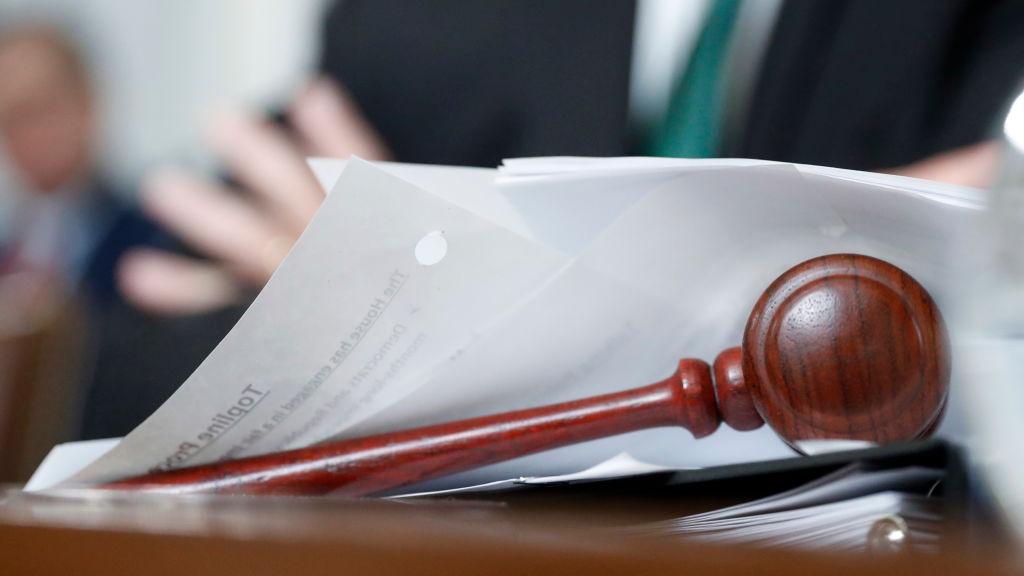A federal appeals court on Tuesday temporarily limited Idaho’s near-total abortion ban during ongoing legal proceedings involving a challenge from the Biden administration.
Last month, a three-judge panel of the San Francisco-based 9th U.S. Circuit Court of Appeals had allowed the state to enforce its ban.





